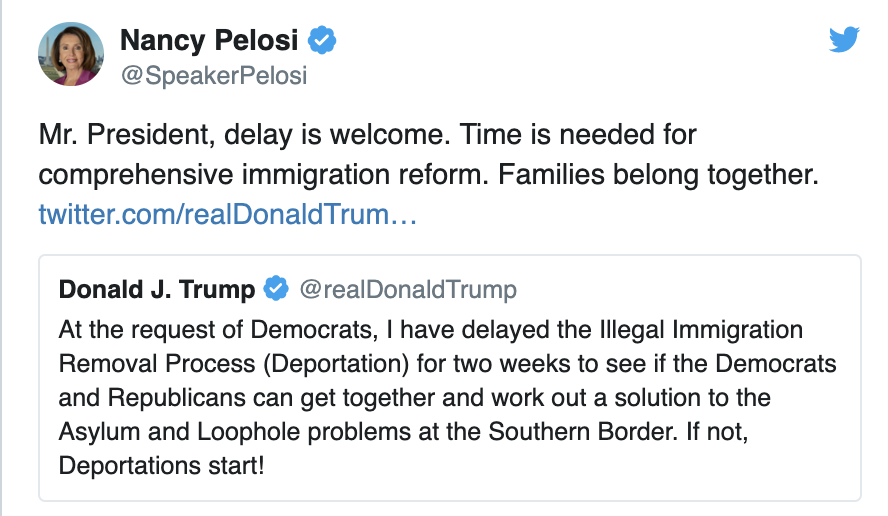A new lawsuit filed in the Northern District of California now allows Freedom of Information Act (FOIA) applicants to challenge long standing delays in receiving their immigration records from the United States Citizenship and Immigration Services (USCIS).
The U.S. District Court has certified two class action lawsuits allowing FOIA applicants and attorneys requesting FOIA records on their behalf to join in the class action so that class members may receive timely determinations on their FOIA requests. This decision was made in response to significant delays that applicants face in obtaining their immigration records from the agency.
U.S. District Judge William Orrick who granted the class action request wrote in his order that delays in receiving immigration records are particularly precarious for, “Noncitizens in removal proceedings” who “particularly rely on FOIA requests because discovery is not available. Consequently, obtaining A-Files from defendants is critical in immigration cases; delays in obtaining A-Files leave noncitizen and their attorneys “in legal limbo” that inflicts substantial hardship.”
 Visa Lawyer Blog
Visa Lawyer Blog












